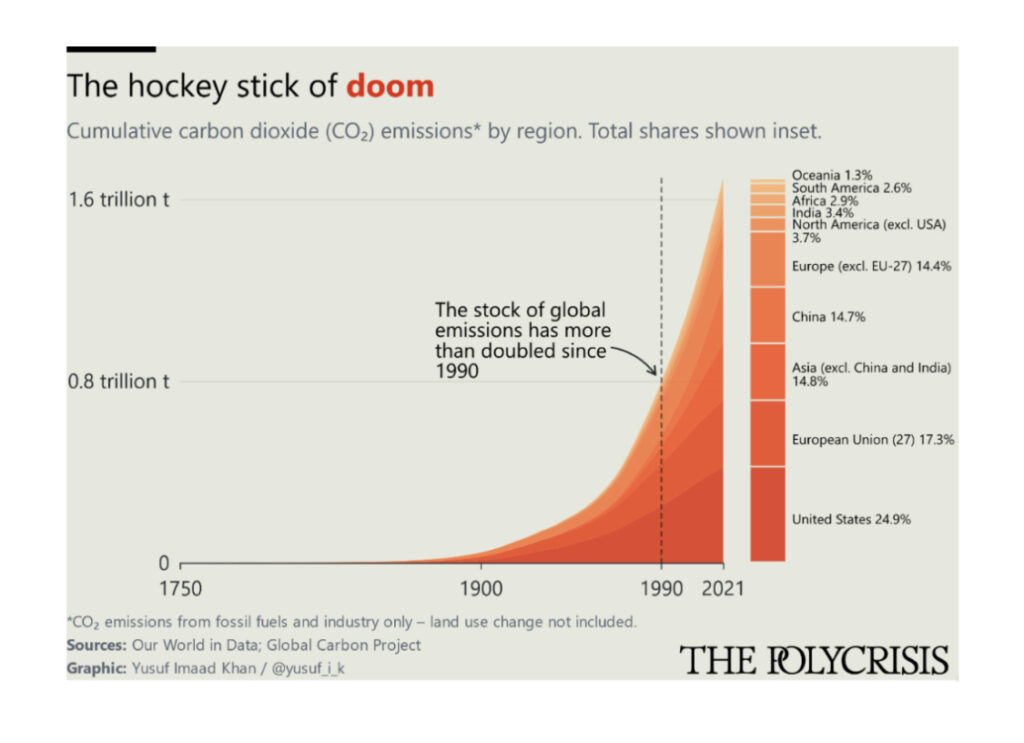Next Parish, America

The Blasket islands off the Kerry coast.
Photographed yesterday.
Quote of the Day
”One of the fundamental contradictions of capitalism is that some groups of capitalists will be trying to cut the throats of others as the ship is going down. That’s what’s happening with the climate crisis.”
Musical alternative to the morning’s radio news
Dire Straits | Skateaway
Long Read of the Day
Place Pastness Poems A Triptych
A truly wonderful essay by Seamus Heaney in Salmagundi Magazine on the poetic uses of memory.
Sample:
“Old” was not an idea. It was an atmosphere, a smell almost, a quality of feeling. It brought you out of yourself and close to yourself all at once. “Old” drifted in the mind and senses when you came upon mossed-over bits of delph or fragments of a clay pipe plugged up with mould. You took such things for granted yet they swam with a strangeness. And the strangeness deepened when you actually dug such things out of the ground for yourself. My first archaeological tremor occurred when I was making holes for goalposts in one of our fields which had always been kept as grazing and was therefore always pure surface, pure present. When I dug down about a foot into the tight-packed ground, I came upon a hoard of soft red brick and white crumbly mortar, an unexpected cache that even to a six year old meant foundations, meant house, a living but obliterated past. I pestered my father to tell me who might have lived there and found that he did not remember any house on the site. Then I heard him questioning a neighbour about whose place it might have been, who was supposed to have owned that land in the old days, and the hole for the goal-post began to open down and back to a visionary field, a phantom whitewashed cottage with its yard and puddles and hens. The world had been amplified; looking and seeing began to take on aspects of imagining and remembering.
Another example: I knew more from overhearing and piecing together than from being told directly that a number of my father’s family had died in their teens and twenties from “the decline,” as tuberculosis had been called in rural Ulster in those days. Names of uncles and aunts who might have been floated through the conversation. Johnny and Jamie and Maggie and Agnes. Agnes, I knew, had died young and her invalid pallor which I had never seen was intuitively present to me, again because of her association with an object. This was a little trinket which was kept wrapped in tissue paper and laid away with other specially conserved knick-knacks in the bottom of a sideboard in my parents’ bedroom. I knew there was something slightly taboo about rummaging in those shelves but I was drawn again and again to unwrap the thing because I knew that it had belonged to Agnes. It had obviously been bought at the seaside as a present for her. A little grotto about four or five inches tall, like a toy sentry box, all covered with tiny shells, a whitish gleaming secret deposited in the family sideboard like grave-goods in the tomb of a princess. To this day, I cannot imagine the ravages of disease in pre-inoculation rural Ireland except in relation to the slight white fact of that trinket.
It’s long, but worth it. And a reminder of what we lost with his passing ten years ago. The one thing that’s annoying about it is the way the poems he quotes are not typographically distinct. Don’t know if that’s just the magazine’s house style, but it grates on this reader at least.
Chart of the Day

My commonplace booklet
Turns out AI probably isn’t very good at writing malware
From The Register Comes a rare piece of good news…
Despite the hype around criminals using ChatGPT and various other large language models to ease the chore of writing malware, it seems this generative AI technology isn’t terribly good at helping with that kind of work.
That’s our view having seen research this week that indicates while some crooks are interested in using source-suggesting ML models, the technology isn’t actually being widely used to create malicious code. Presumably that’s because these generative systems are not up to the job, or have sufficient guardrails to make the process tedious enough that cybercriminals give up.
If you want useful, reliable exploits and post-intrusion tools, you’ll either have to pay top dollar for them, grab them for free from somewhere like GitHub, or have the programming skills, patience, and time to develop them from scratch. AI isn’t going to provide the shortcut a miscreant might hope for, and its take-up among cyber-criminals is on a par with the rest of the technology world, we’re told…
This Blog is also available as an email three days a week. If you think that might suit you better, why not subscribe? One email on Mondays, Wednesdays and Fridays delivered to your inbox at 6am UK time. It’s free, and you can always unsubscribe if you conclude your inbox is full enough already!
